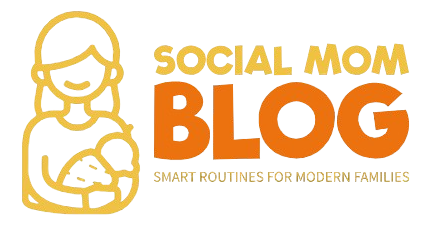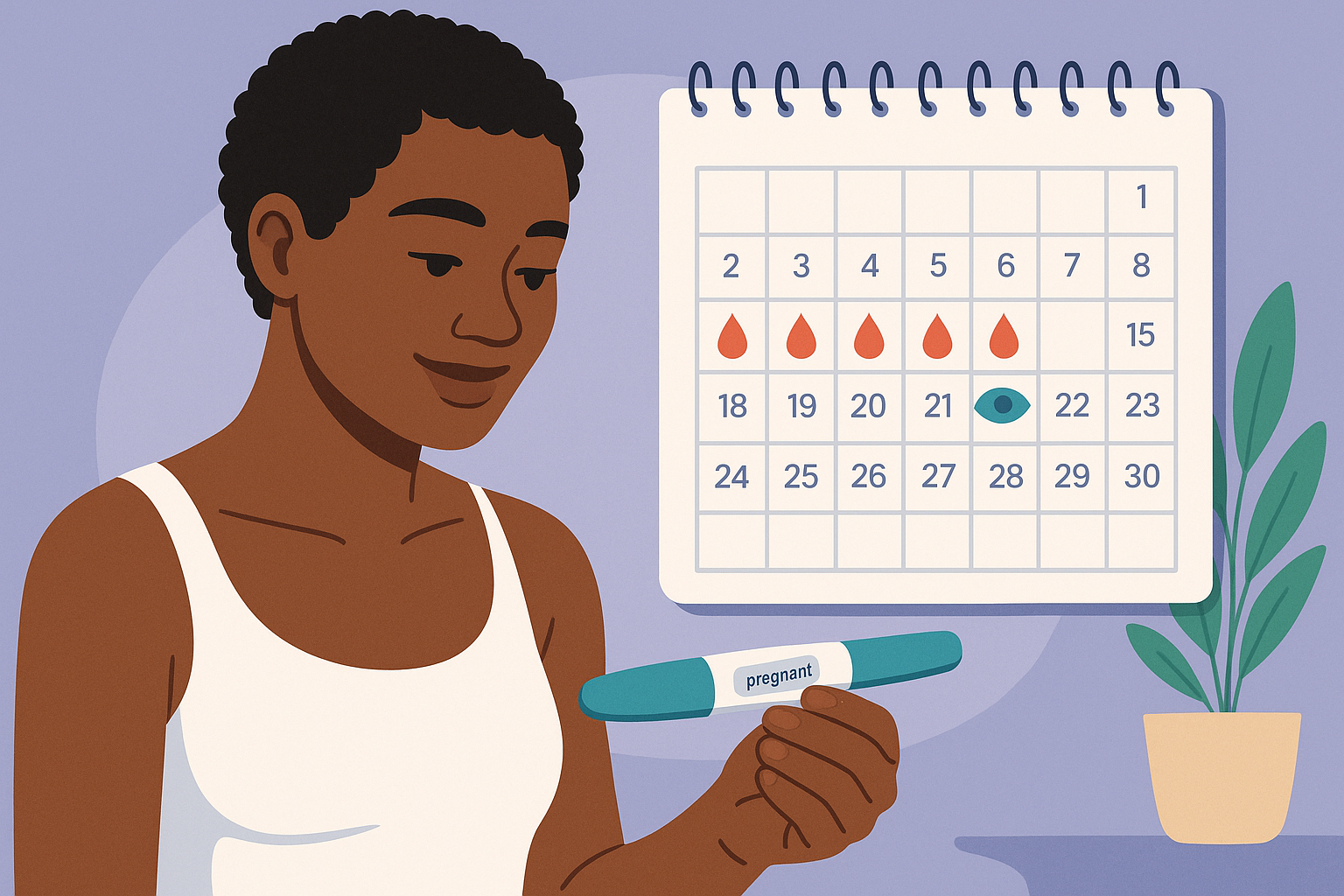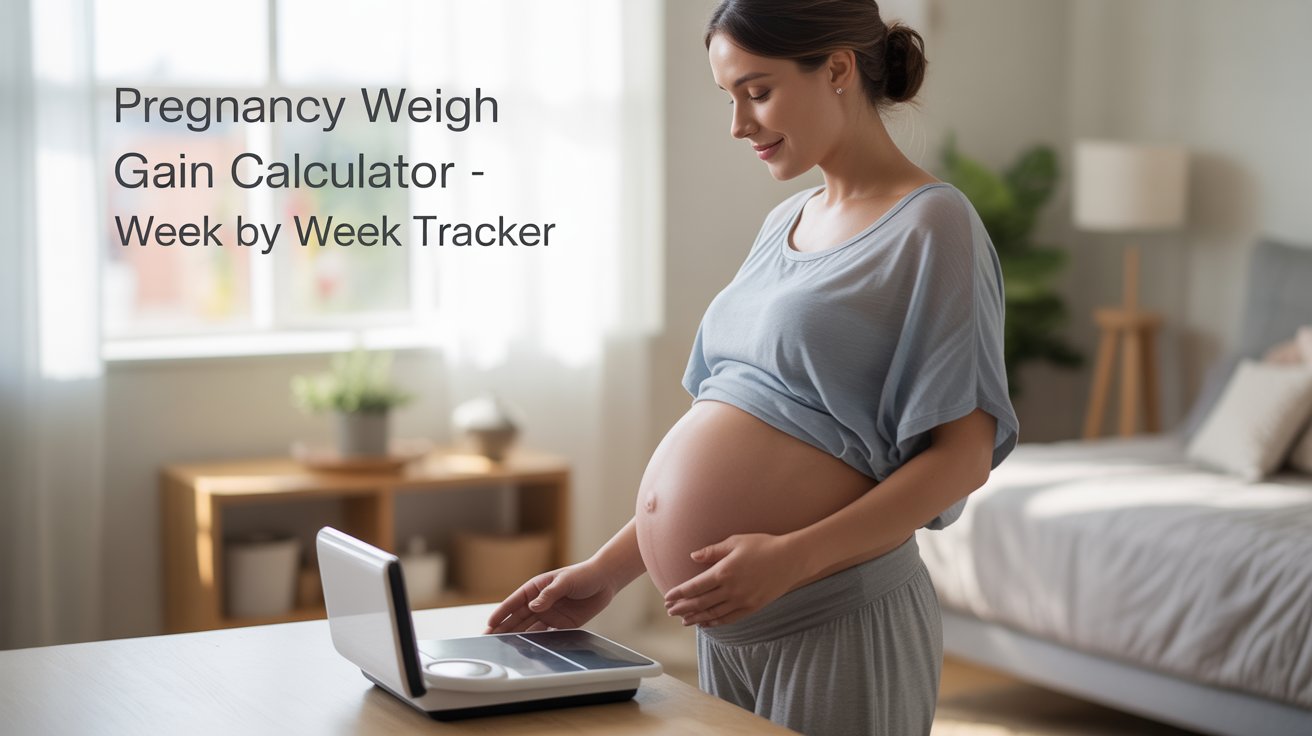Track your fertility window with confidence. Our advanced Pregnancy Ovulation Calculator helps you pinpoint your most fertile days, maximizing your chances of conception. By analyzing your unique cycle, we provide a clear, easy-to-understand forecast of your ovulation date and optimal window for trying.
Take the guesswork out of family planning and embark on your journey with knowledge and empowerment. Start predicting your best days to get pregnant today.
Calculate Ovulation Date
Your menstrual cycle is unique, and its length can vary each month. Use our advanced calculator for ovulation to easily calculate ovulation date and identify your most fertile window. This personalized tool helps you pinpoint the optimal 6-day period when conception is most likely, taking the guesswork out of your family planning journey. Understand your body’s rhythm and maximize your chances of getting pregnant.
What is Ovulation?
Ovulation is a key stage in a woman’s menstrual cycle when a mature egg is released from the ovary and becomes available for fertilization. Understanding your cycle with an ovulation calculator or ovulation tracker can help answer common questions like “when should I ovulate?” or “when did I ovulate?” — making it easier to plan or prevent pregnancy.
Signs of Ovulation
Every woman’s body gives subtle signals when ovulation is happening. Recognizing these ovulation symptoms can help you calculate ovulation dates more accurately. Common signs include:
- A slight rise in basal body temperature (by about 0.5 to 1 degree).
- Surge in luteinizing hormone (LH) detected using a home ovulation kit.
- Noticeable changes in cervical mucus (clear, stretchy, egg-white consistency).
- Breast tenderness or sensitivity.
- Mild bloating or abdominal discomfort.
- Light spotting in some cases.
- Ovulation pain (slight cramping on one side).
By charting these changes or using an ovulation date calculator, you can identify your fertile window more precisely.
Pregnancy Tips: How to Increase Your Chances of Conception
If you’re trying to conceive, timing is everything. Here’s how to use an ovulation calendar or calculator for ovulation to improve your odds:
- Know when you ovulate: Ovulation usually happens about 14 days before your next period, but cycles can vary. Use an ovulation calculator or ovulation tracker to predict your fertile days. You can also track basal body temperature, cervical mucus, or use an ovulation test kit.
- Have sex at the right time: The best chance of conception is 1–2 days before ovulation. Since sperm can survive up to 5 days, try to have sex regularly starting 3 days before your calculated ovulation date and continuing 2–3 days after.
- Maintain a healthy weight: Being underweight or overweight can disrupt ovulation. A healthy BMI (18.5–24.9) supports regular cycles. Maintaining a healthy weight can support regular cycles and increase your chances. Once you’re pregnant, a tool like our Pregnancy Weight Gain Calculator can help you track your progress.
- Reduce stress: High stress can delay ovulation. Gentle exercise, yoga, or meditation can help keep hormones balanced. Remember to reduce stress, as it can throw off your cycle. Once you’re pregnant, this is even more important! If you’re struggling with feeling tired, check out our guide on how to cope with pregnancy fatigue.
- Manage medical conditions: Conditions like diabetes or thyroid disorders may impact fertility. Always consult your doctor if you’re planning pregnancy.
- Consider your partner’s health: Since one-third of fertility challenges involve male factors, lifestyle choices like quitting smoking, reducing alcohol, and eating a balanced diet are just as important.
Understanding Pregnancy and Conception
If you’re using a calculator ovulation or asking “how many days after your period do you ovulate?”, it helps to know what’s happening inside your body:
- Ovulation: Each month, one egg matures inside a follicle and is released, usually 2 weeks before your period.
- Hormonal changes: After release, the follicle becomes the corpus luteum, producing hormones that prepare the uterus.
- Egg journey: The egg travels to the fallopian tube, waiting about 24 hours for fertilization.
- Fertilization: If sperm meets the egg, conception occurs. At this moment, your baby’s genes and sex are determined. Once the egg is fertilized, the journey officially begins. To learn what to expect in the months to come, read our article on what to expect in the first trimester of pregnancy.
- Implantation: The fertilized egg attaches to the uterus within 3–4 days, where pregnancy officially begins.
This whole process is what an ovulation calendar is designed to help you track, and it’s a big part of your overall pregnancy and postpartum wellness journey.
Frequently Asked Questions About Ovulation
Ovulation releases a mature egg from the ovary, making pregnancy possible. It’s the most fertile phase of the menstrual cycle and key to conception.
Signs of ovulation include clear, stretchy cervical mucus, a slight rise in basal body temperature, mild cramps, breast tenderness, and a positive ovulation test.
Ovulation usually occurs 12–16 days before your next period. In a 28-day cycle, that’s around day 14.
Cervical mucus becomes clear and egg-white-like to support sperm movement. Some women also notice light spotting or pelvic pain.
Use an ovulation calculator, ovulation calendar, or ovulation tracker. Tracking cycle patterns and hormones helps find fertile days for conception.
No, pregnancy isn’t guaranteed during ovulation. Chances of conceiving are typically 20–30% per cycle with well-timed intercourse.
The “6-3 rule” recommends having sex during the 6 days before ovulation and 3 days after to maximize pregnancy chances.
Not necessarily. Fertilization can occur up to 24 hours after ovulation, and sperm can survive in your body for several days before ovulation.
Disclaimer
This tool is meant for general informational purposes only. It is not medical advice and should not replace professional consultation, diagnosis, or treatment.
Always speak with a qualified healthcare provider before making decisions about your health. If you believe you are experiencing a medical emergency, call your doctor or dial 911 immediately.
Sources:
- ACOG. 2025. Fertility awareness-based methods of family planning. American College of Obstetricians and Gynecologists. http://www.acog.org/Patients/FAQs/Fertility-Awareness-Based-Methods-of-Family-Planning [Accessed May 2025]
- ACOG. 2024. Good Health Before Pregnancy: Pre-pregnancy Care https://www.acog.org/womens-health/faqs/good-health-before-pregnancy-prepregnancy-care [Accessed May 2025]


